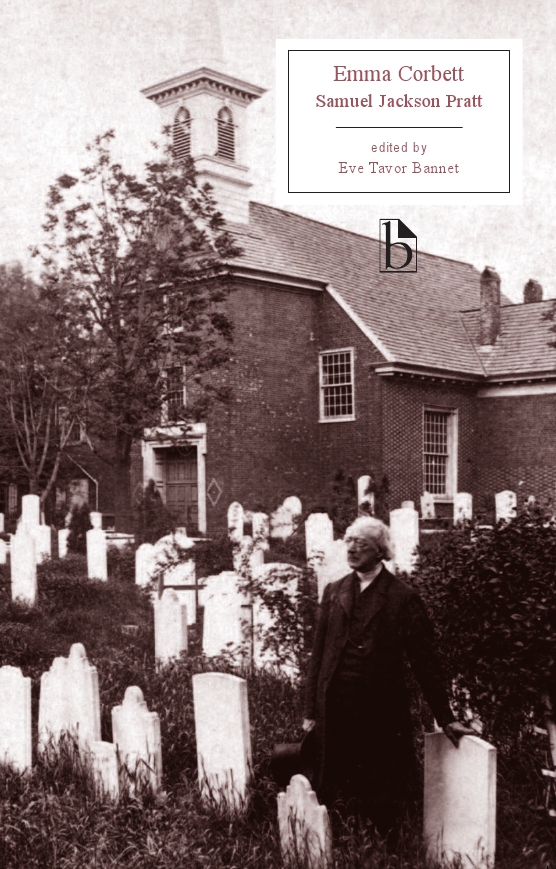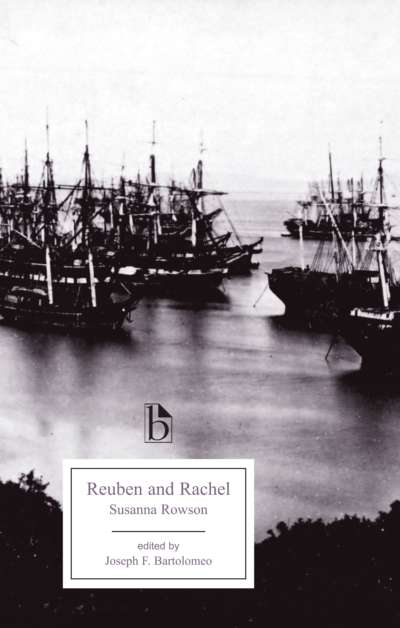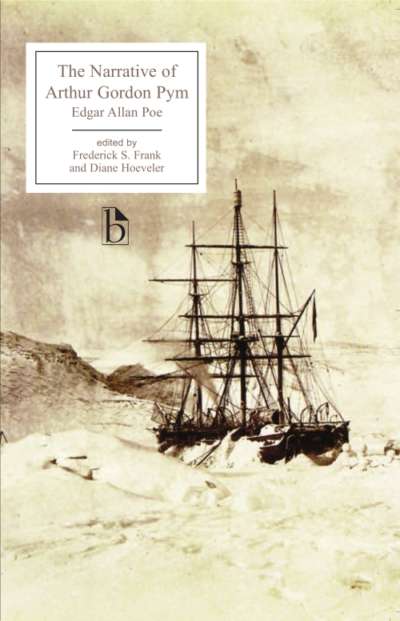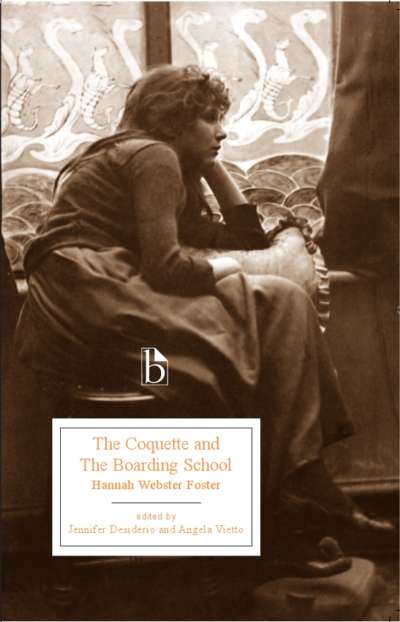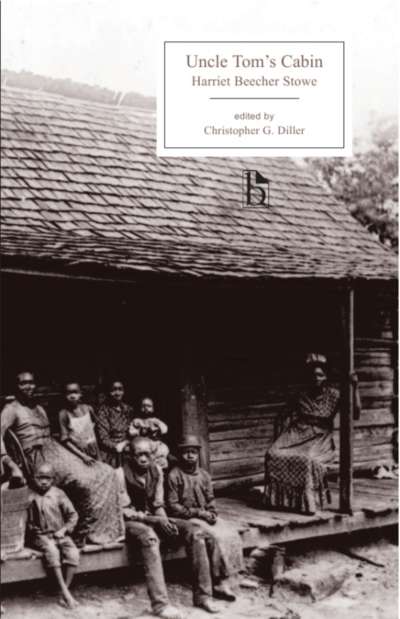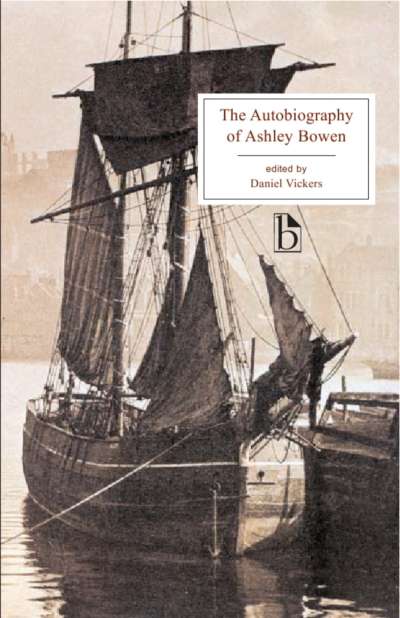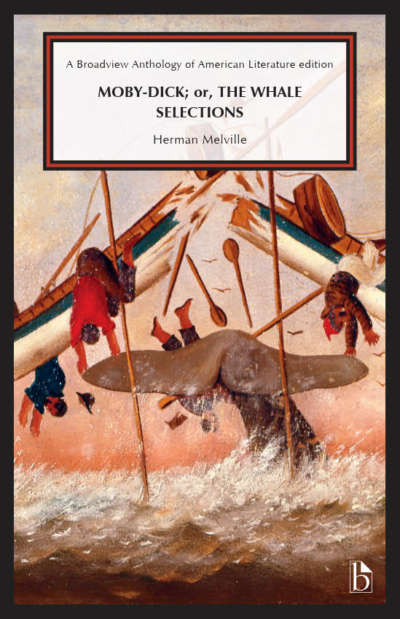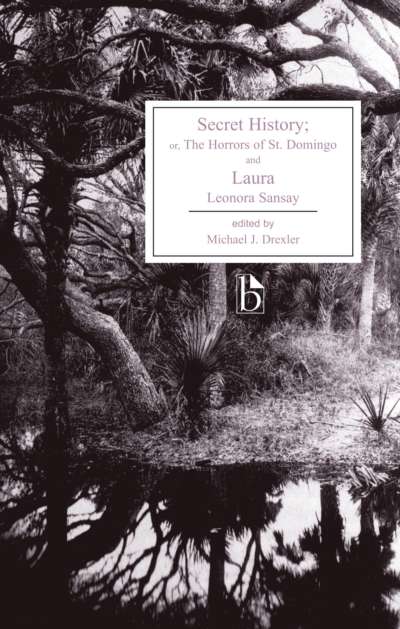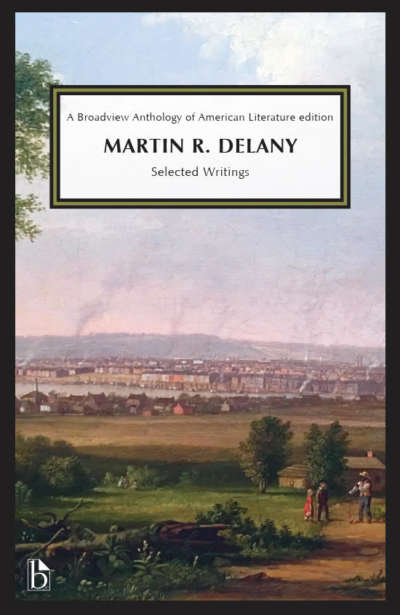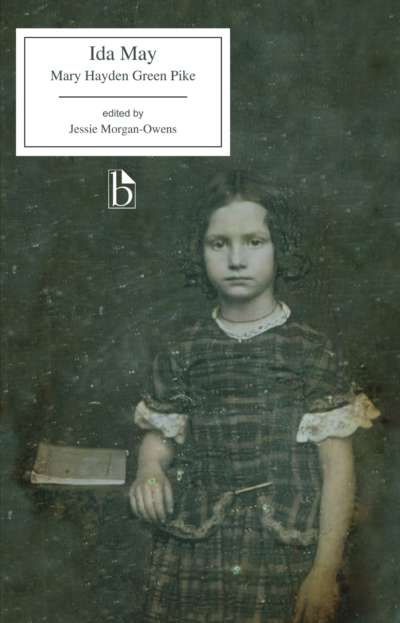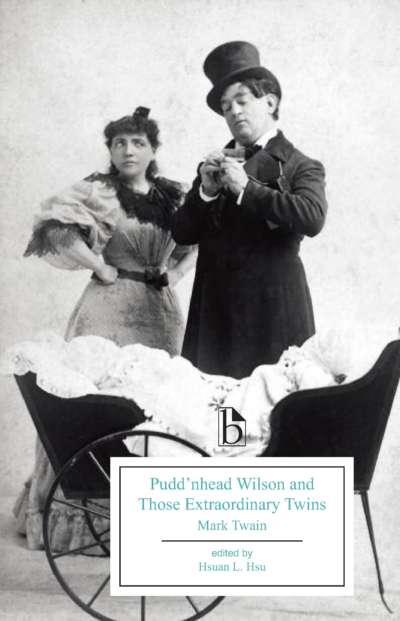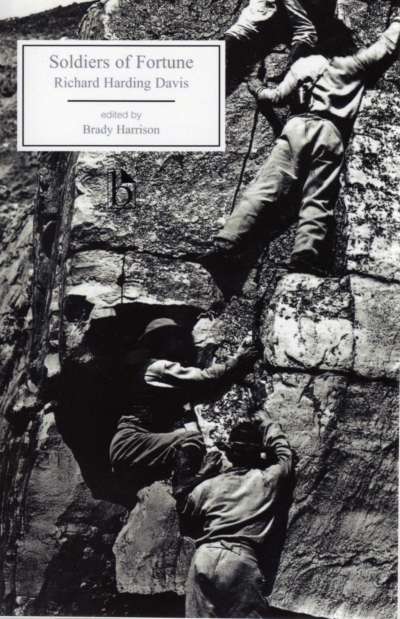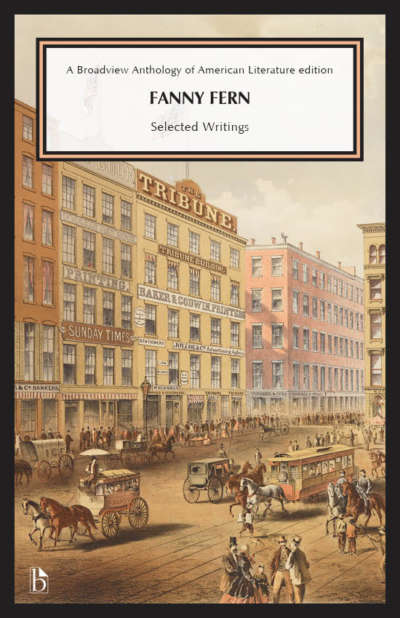
Set both in England and in America, Emma Corbett is the moving story of a family torn apart by the American revolutionary war. Edward Corbett and Henry Hammond are brought up together and go on to marry each other’s sisters, but fight on opposite sides in the war. Emma Corbett, Edward’s sister, follows Henry to Pennsylvania. Disguised as a man, she fights for the British before finding Henry and saving his life, but the war and its aftermath have tragic consequences for all four young people. This powerful epistolary novel was a transatlantic best-seller, in part because both sides of the conflict are fully represented—as are the miseries and terrible costs of war.
Appendices include contemporary reviews as well as contemporary writings on heroism, sensibility, and women and war. A series of personal letters between Pratt (writing as Courtney Melmoth) and Benjamin Franklin, for whom he worked in France, are also included.
Comments
“Emma Corbett is essential reading for anyone interested in the impact of the American revolutionary war on both sides of the Atlantic, and in the development of the novel as major vehicle for the cultural negotiation of pressing global political and social issues. Professor Bannet offers entirely new scholarly insight into the genesis and cultural context of this, the most popular and influential fictional attempt to come to terms with the War. Republication of Pratt’s pioneering novel is long overdue, and this excellent edition makes it once again fresh, intelligible, and impossible to ignore.” — Karen O’Brien, University of Birmingham
“Emma Corbett is one of what Eve Tavor Bannet terms ‘transatlantic stories,’ written in 1780 by Samuel Jackson Pratt, an English curate turned actor and poet. Bannet’s supplementary material, especially the letters between Pratt and Benjamin Franklin, provides clues as to why he developed the themes he did in the book.” — Carole Shammas, University of Southern California
Acknowledgements
Introduction
Samuel Jackson Pratt: A Brief Chronology
A Note on the Text
Emma Corbett, or the Miseries of Civil War
Appendix A: Contemporary Reviews
- Title Page for the First Bath Edition of Emma Corbett (1780)
- From The London Magazine, or Gentleman’s Monthly Intelligencer (May 1780)
- From The London Review of English and Foreign Literature (April 1780)
- From The Monthly Review (October 1780)
- From Rivington’s Royal Gazette (12 September 1781)
- From The Lady’s Monthly Museum (June 1808)
- “Sonnet to Mr. Pratt on a Mental Review of His Various Works,” Monthly Magazine, or British Register (November 1802)
Appendix B: Changes and Additions in Robert Bell’s American Edition (1782)
- Title Page for Bell’s American Edition of Emma Corbett (1782)
- From Bell’s Advertisement, Pennsylvania Evening Post and Public Advertiser (25 November 1782)
- Bell’s Additions to Emma Corbett, Vol. II (1782)
- Bell’s Additions to Emma Corbett, Vol. III (1782)
Appendix C: Some Letters between “Courtney Melmoth” and Benjamin Franklin
- Franklin to Melmoth ([on or after 28 January] 1778)
- Melmoth to Franklin, Paris (29 January 1778)
- Melmoth to Franklin, Paris (4 [February] 1778)
- Melmoth to Franklin, Hotel d’Orleans (27 [February] 1778)
- Melmoth to Franklin, Hotel d’Orleans (19 March [1778])
- Franklin to Melmoth (on or after 12 May 1778)
Appendix D: The American Revolutionary War
- From John Dickinson, Letters from a Farmer in Pennsylvania (1767)
- From An Address to the People on the Subject of the Contest between Great Britain and America (1776)
- From A Letter from Edmund Burke Esq., one of the Representatives in Parliament for the City of Bristol … to … Sheriffs of that City, on the Affairs of America (1777)
- From Philip Freneau, “American Independence. A Poem” (1778)
Appendix E: Heroism and Sensibility
- From Hugh Henry Brackenridge, The Battle of Bunkers Hill (1776)
- From Francis Dobbs, The Irish Chief or Patriot King. A New Tragedy (1774)
- From Anna Seward, Monody on Major André (1781)
- From Samuel Jackson Pratt, “Sensibility” (1781)
- From Nathaniel Ball, “The Evil Effects of War and the Blessings of Peace” (1749)
- From John Conybeare, “True Patriotism: A Sermon Preach’d before the House of Commons” (25 April 1749)
Appendix F: Women and War
- From [Anon], The Female Soldier (1750)
- From [Anon], The History of Constantius and Pulchera. An American Novel (1796)
- From Sarah Wentworth Morton, The Virtues of Society. A Tale Founded on Fact (1799)
- From Charles Brockden Brown, Ormond (1799)
Appendix G: Contemporary Paintings
- Benjamin West, The Death of General Wolfe (1770)
- Emmanuel Leutze, Washington Rallying the Troops at Monmouth (1853-54)
- Engraving Depicting Second Street North from Market Street with the Christ Church, Philadelphia, Pennsylvania (1799)
Select Bibliography
Eve Tavor Bannet is George Lynn Cross Professor of English at the University of Oklahoma.


